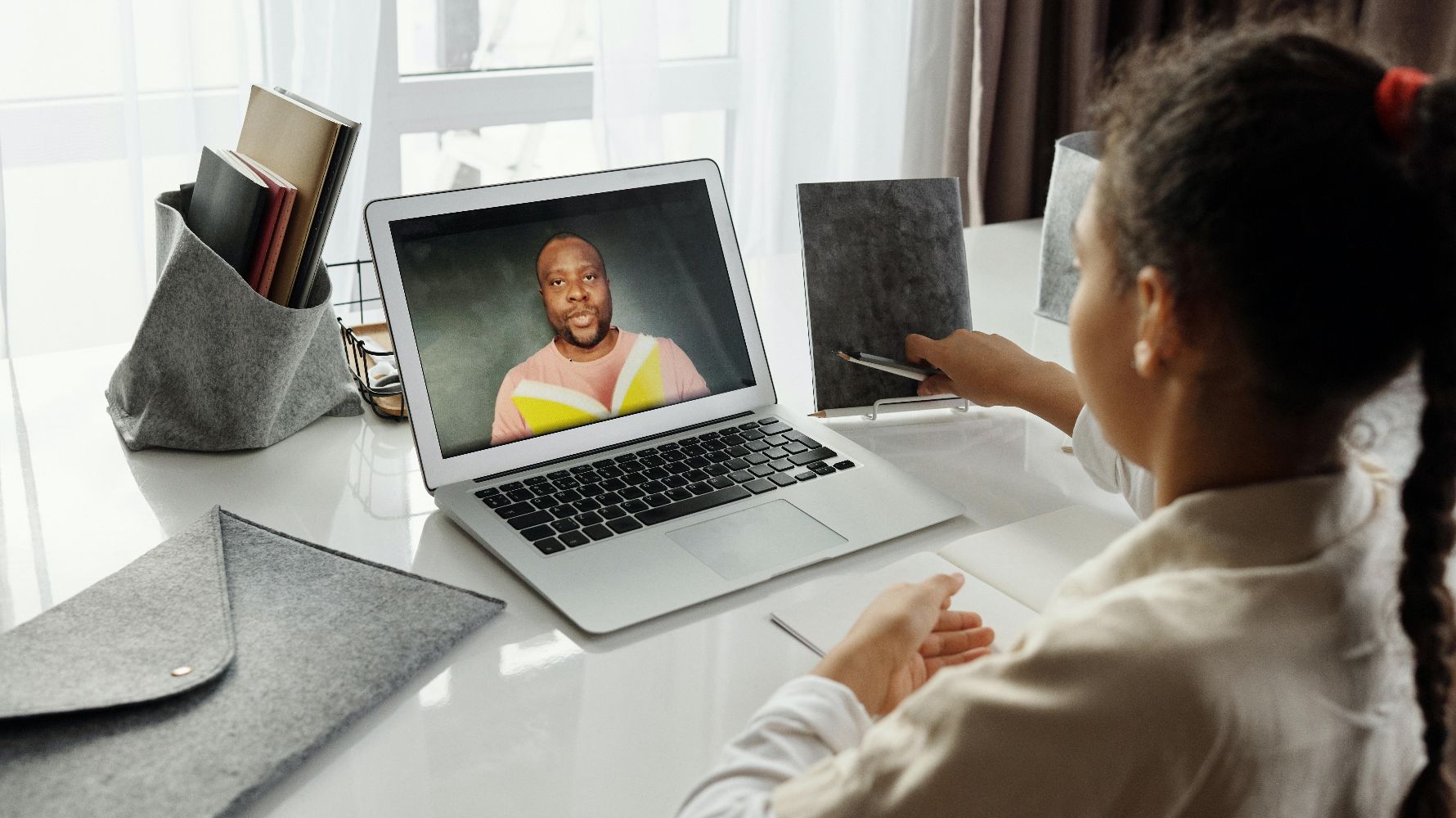“I do not fear computers,” said the writer Isaac Asimov in the early 1980s, “I fear the lack of them.” Asimov predicted that education would be forever changed by technology, and it would be an integral part of teaching and learning. He was right.
Digital inequality is one of the biggest barriers to social and economic mobility. According to a UN estimate, nearly half the world’s population doesn’t have access to the internet. Now, as communities across the world face the challenges of remote learning, the pandemic risks turning the digital divide into a catastrophe of lost opportunities for millions of young people.
In lockdowns, connections with friends, health appointments, entertainment – almost every aspect of life moves online; so those who lack access to devices and networks face deeper impacts on learning and wellbeing. According to the Pew research center, 59% of lower income families in the U.S say their child may face digital obstacles in schoolwork due to remote learning.
Knowing the transformative power of technology, CWT’s technology team is donating more than 350 devices to ensure children have the tools they need to learn during COVID-19 and help close the digital divide in underserved communities.
Laptops, monitors, keyboards, and mice are on their way to Minnesota Computers for Schools and the Atlanta-based nonprofit inspiredu. In Latin America we donated equipment through Orphaned Starfish, a foundation dedicated to helping orphans, victims of abuse, survivors of trafficking, and at-risk youth break their cycles of abuse and poverty through technology-based education, job training, and job placement assistance.
While these devices don’t meet our business needs because they are beyond their lifecycle, they are crucial to connect students to their classrooms—and their full potential. Through this program, we also save on disposal costs and avoid landfill waste.
Digital inequality hits in three ways – access to, or ownership of, devices, reliable internet connections, and skills. Whether it’s through donating unused laptops or volunteering to teach digital skills, those of us who are privileged enough to access technology whenever we want to have a responsibility to lend a hand to the children who need us in a time of crisis.
Isaac Asimov predicted that education would be forever changed by technology; for a young person eager to learn alongside their more privileged peers, it’s equally forever changed by the goodwill of others.


